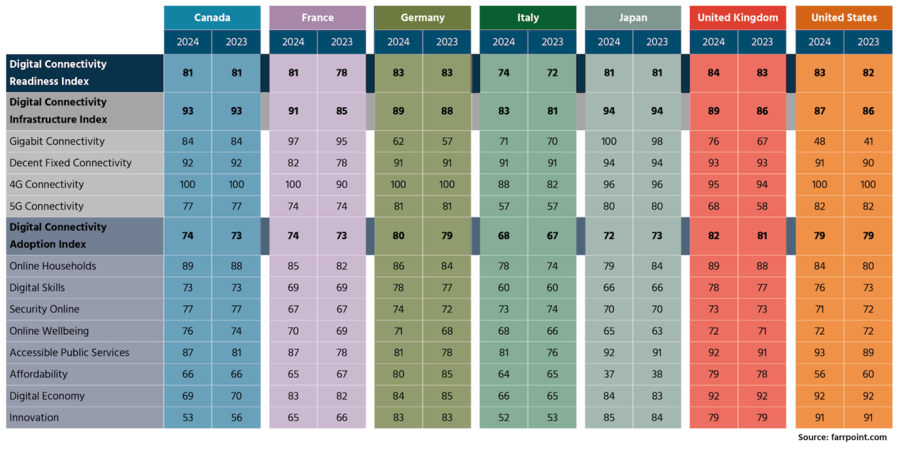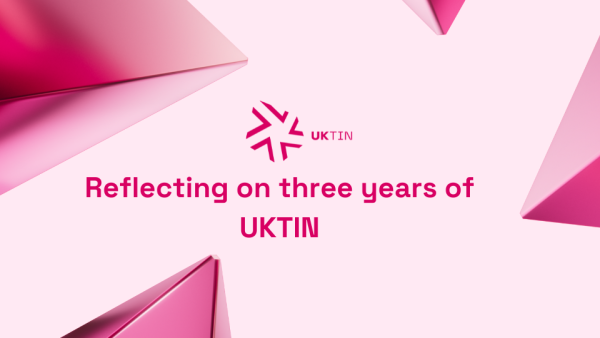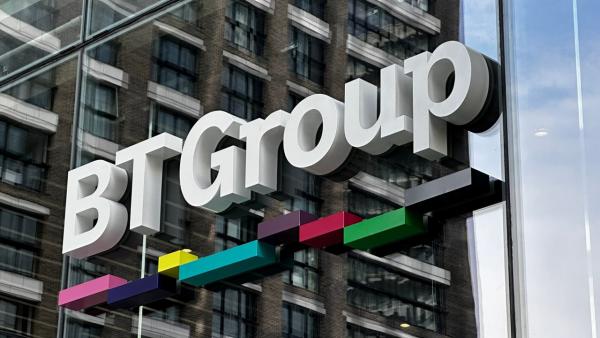
FarrPoint, a leading connectivity consultancy, unveiled its new report on digital connectivity readiness across the G7. The report, "International Digital Connectivity Readiness Index", measures performance across both digital infrastructure — such as broadband, Gigabit, 4G, and 5G connectivity — and digital adoption, which includes metrics like digital skills, online security, access to public services, affordability, and innovation.
According to FarrPoint’s digital economics team, the UK tops the new index, with the US and Germany in shared 2nd place on the overall readiness score. Canada, Japan and France share 4th place, with Italy coming last overall. The real differences can be seen by drilling down to compare individual metrics.
This annual benchmarking report and framework allows governments and policymakers to better understand and assess their strengths and challenges in digital connectivity and make data-driven decisions to enhance their digital strategies.
This index methodology can be used to further analyse and compare performances on a more granular level i.e. regional or city level within each country, as for the UK.
A summary of the key metrics is summarised in this table and below.

Key Findings of the Report per Country
- United Kingdom: Current leader in this index but still faces challenges
The United Kingdom leads the G7, doing well in digital infrastructure and adoption, with strengths in the digital economy, online household access, and digital skills. However, it faces challenges in online wellbeing, security, and driving broader innovation.
- The United States and Germany share joint second place overall but differ on key metrics
Germany and the US are joint 2nd overall in the International DCRI. On the Infrastructure side, both perform strongly on the mobile side, however, their fixed networks especially those with Gigabit connectivity lag behind some of their advanced comparators. On the adoption side, Germany leads the G7 on digital skills, and affordability, but is facing stagnation in innovation and the digital economy. Whereas the United States excel in the digital economy, innovation, and public services, but struggling with digital skills, security, and affordability. - Canada, France and Japan: Good advances but with areas for improvement
In joint 4th place overall are Canada, France and Japan. Canada leads in online security and wellbeing but faces challenges in business adoption and affordability. France, while making notable progress in infrastructure, continues to face challenges with innovation and affordability challenges. Japan excels in 5G and Gigabit infrastructure, however, lags on digital adoption due to affordability issues, limited digital skills, and online wellbeing concerns.
Italy: Opportunities for growth and development
Italy ranks last in the G7 for digital connectivity, with notable gaps in infrastructure and adoption. Addressing these areas will be crucial for Italy to fully leverage digital technologies for economic growth and social inclusion.
"Our International Digital Connectivity Readiness Index report underscores the vital role digital connectivity plays in driving economic growth, social progress, and environmental sustainability”, says Matthew Izatt-Lowry, FarrPoint’s Head of Economics. “As the global economy increasingly relies on digital infrastructure, understanding the unique challenges and opportunities of each country is paramount for policymakers to make informed, evidence-based decisions.”









